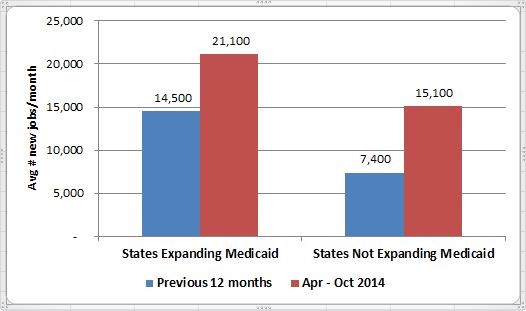States Are Bundling Social Services with Medicaid
NCPA recently published a study encouraging Congress to bundle payments to states for Medicaid with payments for other social services, proposing this reform as an adjustment to Representative Paul Ryan’s Opportunity Grants proposal.
New research from the Center for Health Care Strategies, Inc. shows that states are already doing this through Medicaid Accountable Care Organizations (ACOs). One tool, used in Oregon, is the global budget:
Through the global budget, CCOs [Coordinated Care Organizations] can include Medicaid‐covered services, such as non‐emergent medical transportation, as well as services that are not traditionally covered, to support patients’ needs. The latter services can include health education (e.g., healthy meal preparation classes); peer support groups (e.g., post‐partum depression programs); home and living environment improvements (e.g., air conditioners, athletic shoes); housing supports (e.g., shelter, utilities, critical repairs).
Paternalistic? Yes. However, the federal government has funded segregated programs from different departments subsidizing Medicaid and social services for decades. It would be better for Congress to recognize what states are doing at the local level and encourage that by bundling all welfare payments in to one grant for which local service organizations can compete.




